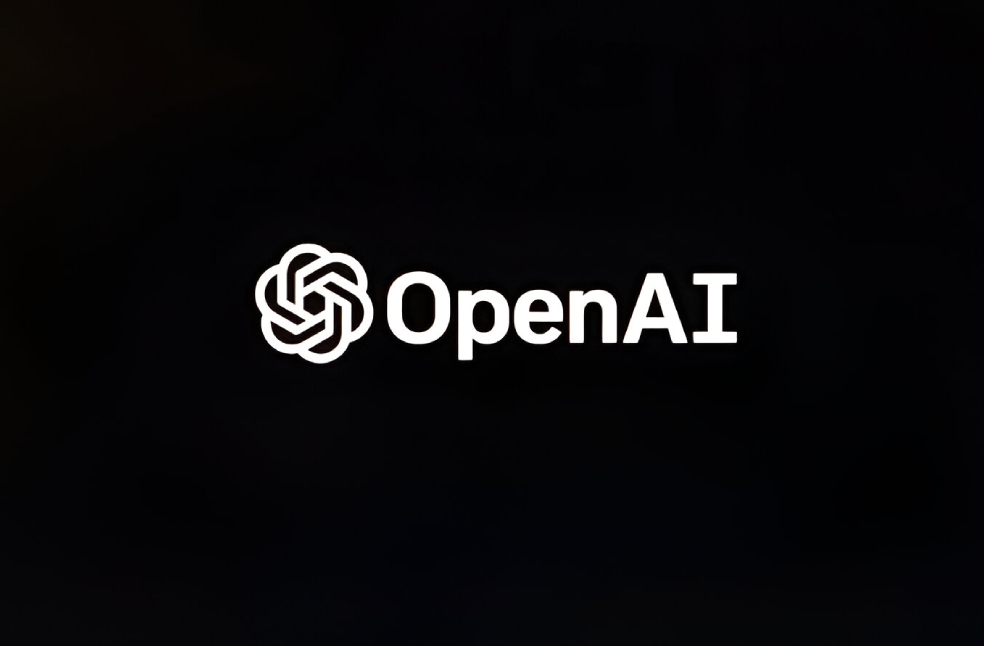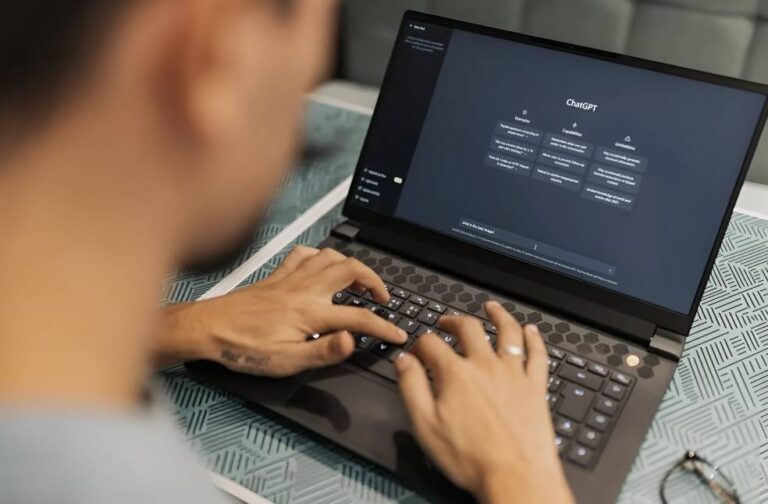Japan: OpenAI has raised $40 billion in a funding round led by Japanese investment giant SoftBank, marking the largest capital infusion ever for a startup. The deal values the ChatGPT creator at $300 billion, reinforcing its role as a leader in artificial intelligence research and development.
The investment comes as part of a strategic partnership, with SoftBank initially contributing $10 billion and pledging an additional $30 billion by the end of 2025, contingent on meeting specific conditions. OpenAI stated that the funding would enable it to push the boundaries of AI research and accelerate progress toward artificial general intelligence (AGI), a goal that requires vast computing resources.
SoftBank expressed its ambition to achieve artificial super intelligence (ASI), surpassing human intelligence, and identified OpenAI as the closest partner to making that vision a reality.
In a surprising shift, OpenAI also announced plans to develop a more open generative AI model. The decision comes amid intensifying competition from Meta and DeepSeek, both of which offer open-source AI solutions that allow developers to modify and customize models.

OpenAI CEO Sam Altman stated that, “We’ve been thinking about this for a long time, but other priorities took precedence. Now it feels important to do.”
Historically, OpenAI and other major players like Google have defended closed AI models, arguing that open-source versions pose security risks and could be exploited by bad actors, including foreign governments. Critics, including Elon Musk, have long urged OpenAI to return to its original mission as an open-source AI organisation.
Meta’s Llama model has reportedly reached one billion downloads, while DeepSeek’s cost-effective R1 model has shaken up the industry. Meanwhile, OpenAI has capitalised on the success of its latest image-generation tools within ChatGPT, with Altman claiming the feature attracted one million users in just one hour, overwhelming OpenAI’s computing capacity.
As competition heats up, OpenAI’s latest funding and strategic pivot signal a new chapter in the race toward more advanced and accessible AI technology.



